
Photo by Mike Jones
Disclaimer: This page includes Amazon affiliate links, which means we may earn a small commission at no additional cost to you. Learn what this means for us and for you.
Protein powders have become a staple in the fitness world, revered for their ability to support muscle growth, aid in recovery, and enhance overall performance. But with numerous options flooding the market, it’s crucial to understand the ins and outs of protein supplementation. In this guide, we delve into the benefits of protein powders, address common questions surrounding their usage, and explore the best options available.
Welcome to the guide to building muscle on the body.
What is The best sources of Food Based Protein?
- Lean Meats: Chicken breast, turkey, lean cuts of beef, pork loin, and game meats like venison are excellent sources of high-quality protein. Opting for lean cuts helps reduce saturated fat intake.
- Fish and Seafood: Fish such as salmon, tuna, trout, and sardines are rich in protein and heart-healthy omega-3 fatty acids. Shellfish like shrimp, crab, and mussels are also protein-packed options.
- Eggs: Eggs are a complete protein source, meaning they contain all nine essential amino acids. They’re versatile and can be enjoyed in various dishes, from omelets to salads.
- Dairy Products: Greek yogurt, cottage cheese, milk, and cheese are all rich sources of protein. Greek yogurt, in particular, is higher in protein and lower in sugar compared to regular yogurt.
- Plant-based Protein Sources: Legumes (such as beans, lentils, and chickpeas), tofu, tempeh, edamame, quinoa, nuts, seeds, and soy products are excellent sources of protein for vegetarians and vegans. These foods are also high in fiber and other essential nutrients.
The How, When, & What for Protein Powders
How much do you need to take?
- Protein requirements vary based on factors such as age, weight, activity level, and fitness goals. A general guideline is to consume 0.8 to 1.2 grams of protein per kilogram of body weight per day for sedentary individuals. However, athletes and those engaging in intense physical activity may need higher protein intake to support muscle repair and growth.
- Protein powders offer a convenient way to meet daily protein needs, especially for individuals with busy lifestyles or dietary restrictions. Incorporating protein shakes or smoothies can help ensure adequate protein intake, particularly post-workout when protein synthesis is heightened.
When should you take it?
- Timing plays a crucial role in maximizing the benefits of protein supplementation. Consuming protein powder within 30 minutes to an hour after exercise can accelerate muscle recovery and promote muscle protein synthesis.
- Additionally, protein intake spread throughout the day, including meals and snacks, helps maintain steady amino acid levels in the bloodstream, supporting muscle repair and growth.
- Protein powder can also serve as a convenient meal replacement option for individuals on the go or looking to curb hunger between meals.
What are the best Protein Powders?
- Whey Protein: Derived from milk, whey protein is one of the most popular and well-researched protein powders. It contains a complete amino acid profile and is quickly absorbed by the body, making it ideal for post-workout recovery.
- Casein Protein: Similar to whey, casein is also derived from milk but is digested more slowly. It provides a sustained release of amino acids, making it suitable for consumption before bedtime to support overnight muscle repair.
- Plant-based Protein: Ideal for vegans, vegetarians, or those with lactose intolerance, plant-based protein powders are sourced from sources like peas, rice, hemp, or soy. While they may have a slightly different amino acid profile than animal-based proteins, they can still effectively support muscle growth and recovery.
- Other options: Additional protein sources include egg protein, collagen protein, and blends combining various protein sources for a comprehensive amino acid profile.
Protein Calculator: Calculate Your Dosage Here
Here Are The Top 5 Protein Powders to Choose From
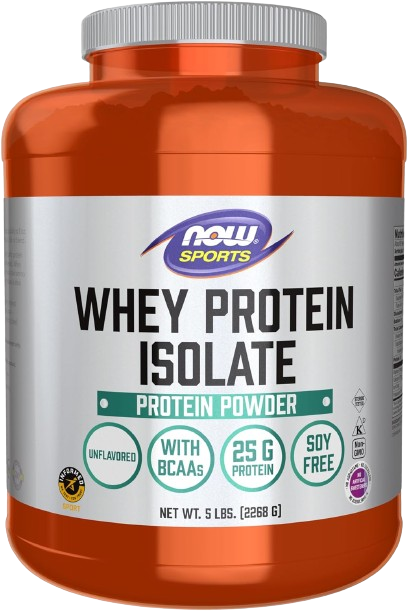
NOW Sports Nutrition, Whey Protein Isolate
$
| Pros |
|---|
| $0.78 – $1.35 / oz. |
| Up to 162 Servings |
| GMP Certified |
| Cons |
|---|
| Two Flavors |
| Not Vegan |
Packaged in the USA by a family-owned and operated company since 1968.
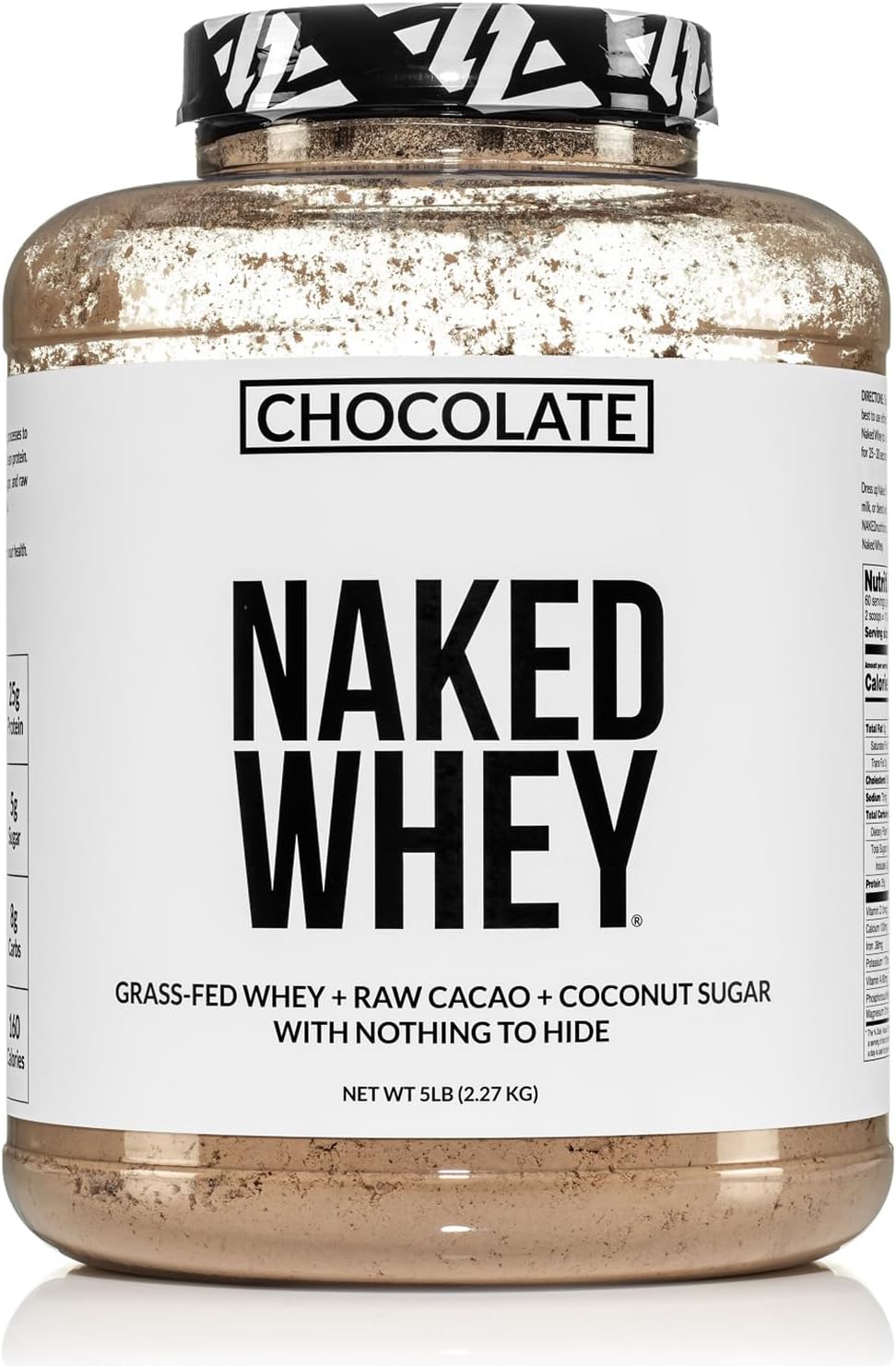
NAKED Nutrition Whey Protein Supplement
$$
| Pros |
|---|
| $1.13 – $1.48 / oz. |
| Six Flavors |
| 3 Ingredients |
| Cons |
|---|
| Not NSF Certified |
| Not Isolate |
| Not Vegan |
Naked Whey contains no artificial sweeteners or colors and is GMO-Free, Soy-Free, and Gluten-Free.
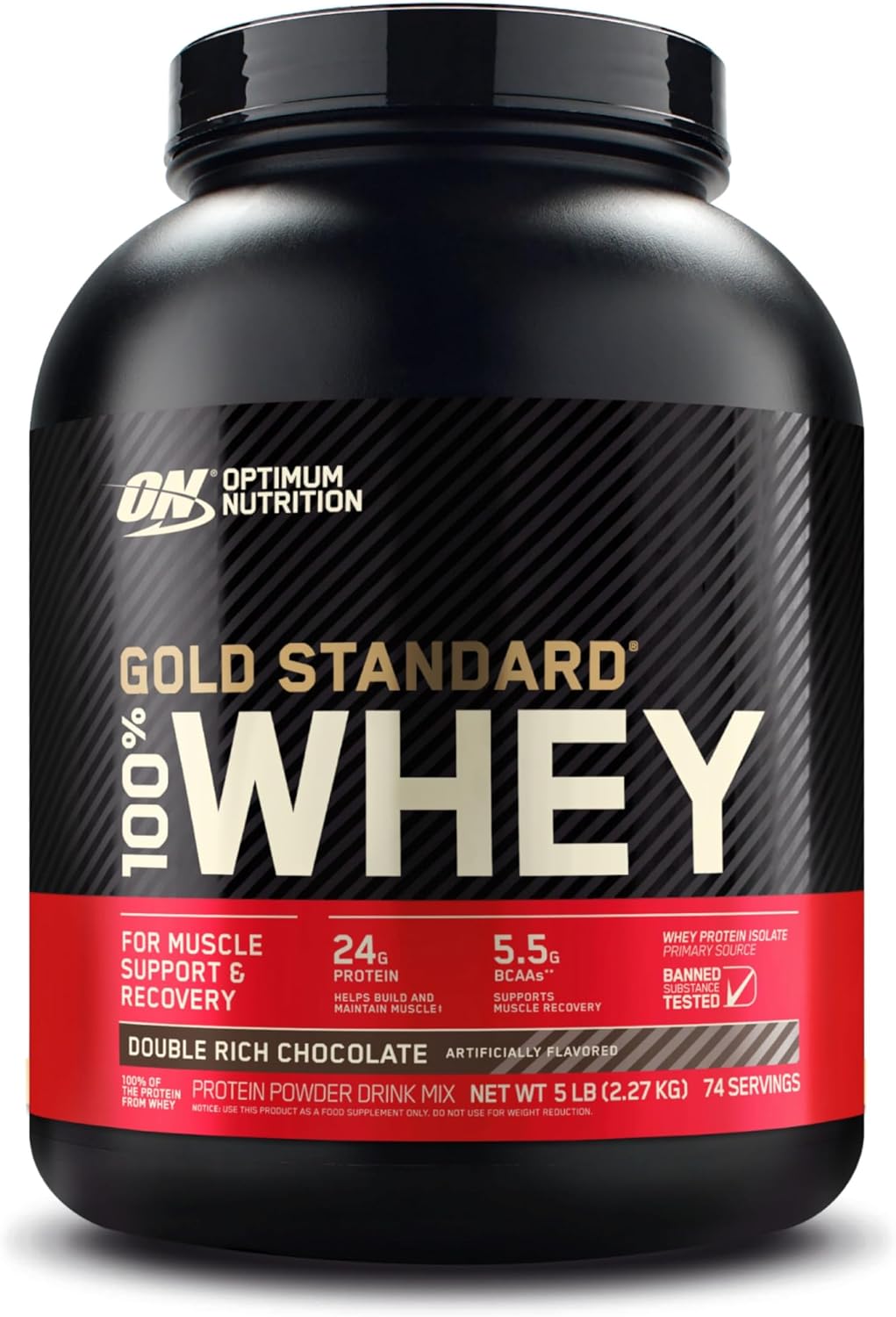
Optimum Nutrition Gold Standard 100% Whey Protein Powder
$$
| Pros |
|---|
| $1.30 – $1.42 / oz. |
| 17 Different Flavors |
| Banned Substance Tested |
| Cons |
|---|
| Not Isolate |
| Not Vegan |
Banned substance tested and the highest quality control measures so you feel comfortable and confident consuming the product.
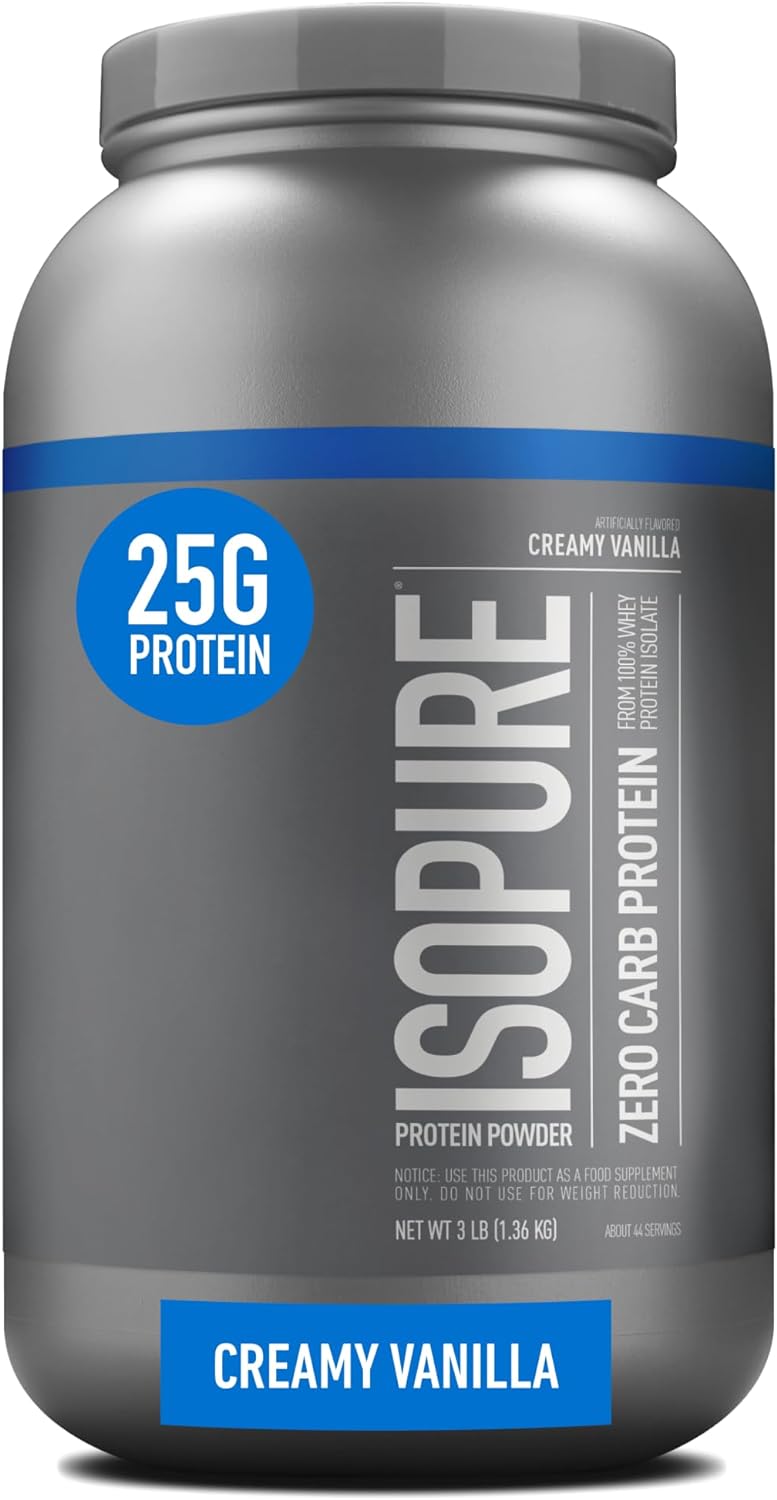
Isopure Protein Powder
$$
| Pros |
|---|
| $1.29 – $1.60 / oz. |
| 10 Flavors |
| GMP Certified |
| Cons |
|---|
| 44 Servings |
| Not Vegan |
Vitamin C and zinc provide immune support along with vitamin E.
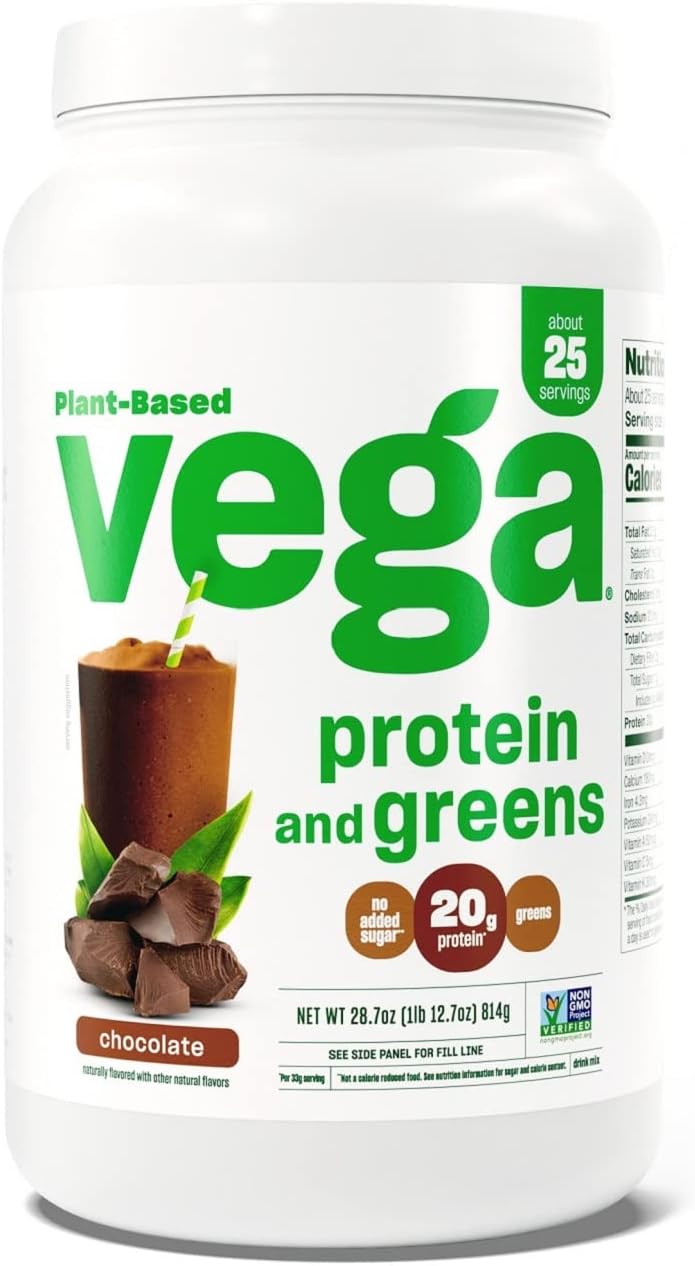
Vega Protein and Greens Protein Powder
$$$
| Pros |
|---|
| Five Flavors |
| Non-GMO |
| Dairy Free |
| Cons |
|---|
| $1.36 – $1.82 / oz. |
| 18 – 20 Servings |
Keto-friendly protein powder with four grams net carbs, gluten-free, and non-whey real food ingredients that are good for the body, feed the mind, and respect the planet.
Conclusion
Protein powders offer a convenient and effective way to meet daily protein requirements, support muscle growth, and enhance athletic performance. By understanding the optimal timing and selection of protein powders, individuals can harness the full benefits of supplementation to achieve their fitness goals. Whether you’re looking to build muscle, recover faster, or simply maintain a balanced diet, incorporating protein powder into your routine can be a game-changer.
Sources
Promaxnutrition: https://www.promaxnutrition.com/blogs/news/5-commonly-asked-questions-protein
Body Building: https://www.bodybuilding.com/fun/calpro.htm
Recommended Reads
-
The Best Supplements Guide For Beginners
6 minutes
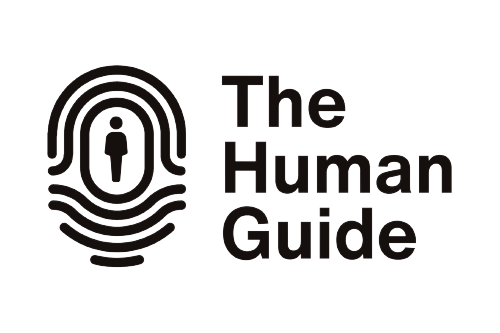

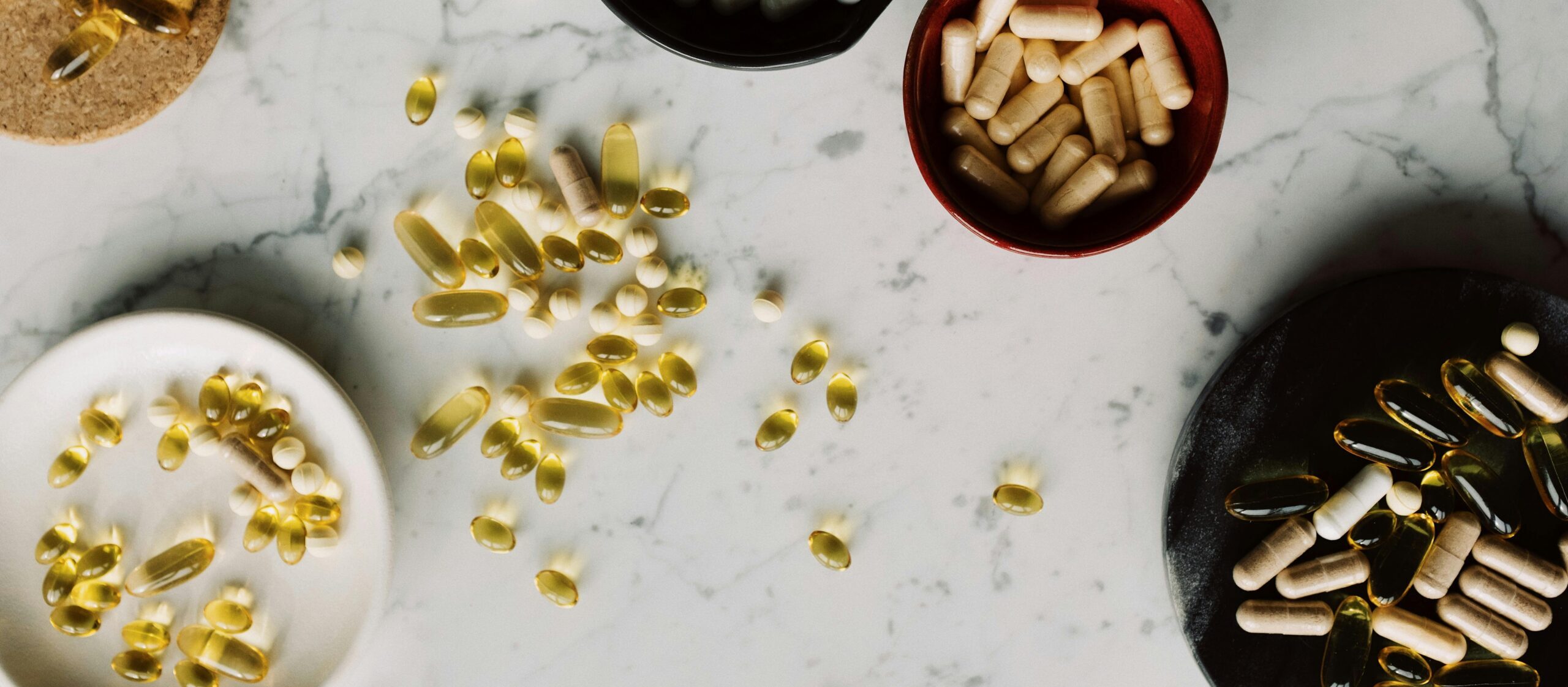

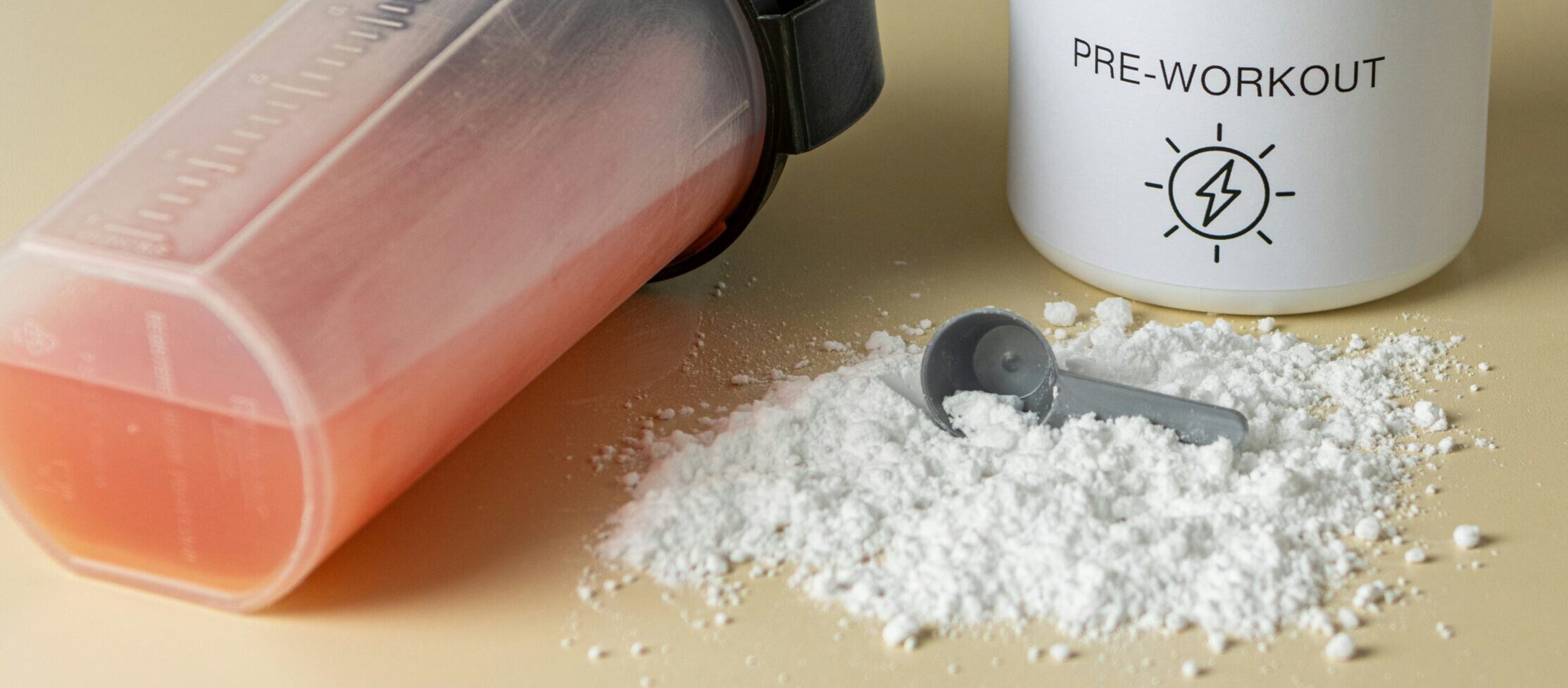

Leave a Reply